
Khamenei fears Gaddafi's fate: Highlights of statements by a former US Army commander conveyed by the Iranian Resistance

- Europe and Arabs
- Saturday , 7 June 2025 12:41 PM GMT
Washington - Tehran: Europe and the Arabs
In an interview broadcast by the American Fox News network, retired US General Jack Keane, a former commander in the US Army, warned of the growing threat posed by the Iranian regime, stressing that its nuclear ambitions are merely a means to ensure its survival, not merely to maintain strategic balance. According to a media statement distributed by the National Council of Resistance of Iran, a copy of which we received, General Keane added: “The Iranian regime’s fundamental motivation is very clear. They are absolutely convinced that if Saddam Hussein had possessed a nuclear weapon, his regime would not have fallen. If Gaddafi had not abandoned his nuclear program, no one would have overthrown him.” Therefore, the goal of nuclear weapons for Tehran is to preserve the regime above all else."
Kane emphasized that this nuclear project is being used as a threat against Israel and could lead to a nuclear arms race in the Middle East. He added that Henry Kissinger once warned him that the most dangerous thing the United States could face after World War II is a nuclear arms race in the Middle East, which could end in a "catastrophic nuclear exchange."
Rajavi was ahead of everyone in reading Khamenei's true intentions.
What is interesting in this context is that this precise reading provided by General Keane clearly intersects with what was stated in the audio message of the leader of the Iranian Resistance, Massoud Rajavi, on March 25, 2025, months before Khamenei's recent statements.
Rajavi, who has long warned of the danger of the Velayat-e Faqih project for the Iranian people and the region, said at the time:
"The head of the viper of the Velayat-e Faqih in Syria and Lebanon has hit the rock, and now is the time to crush the head of this viper inside Iran."
He added in his speech:
"Khamenei's threats are not Except for April Fool's Day; he fears the Iranian year 1404, and fears that his fate will be like that of the Shah and Gaddafi. There can be no talk of any win-win negotiation with Khamenei. He prioritizes the preservation of his regime above all else, at any cost.
Rajavi did not limit himself to describing the reality, but called for a strategy to uproot the regime from within, through support for the Iranian resistance and the will of the people.
Strategic Intersection: From Washington to Tehran
This striking convergence between the readings of a prominent American general and the leadership of the Iranian opposition indicates that the danger posed by the mullahs' regime has become clear in major capitals, just as it is clear to the Iranian people. The message is the same: The Iranian regime does not seek negotiations, but rather survival at any cost, even if it is on the ruins of the entire region.
What Khamenei fears is not the nuclear bomb itself, but rather a repetition of the Shah's or Gaddafi's scenario. This reality, as both Ken and Rajavi emphasized in their own language, requires decisive international action, not to contain the regime, but to support the Iranian people in their quest for radical and democratic change.


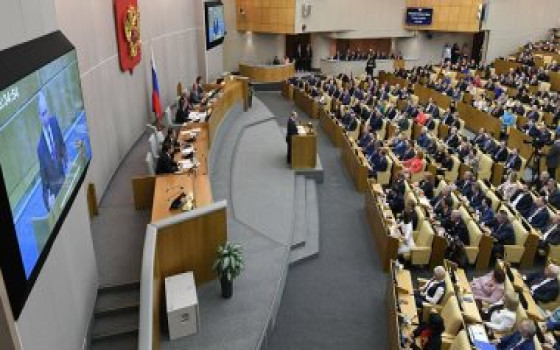
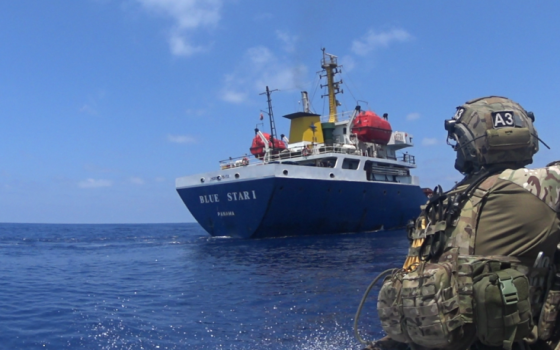
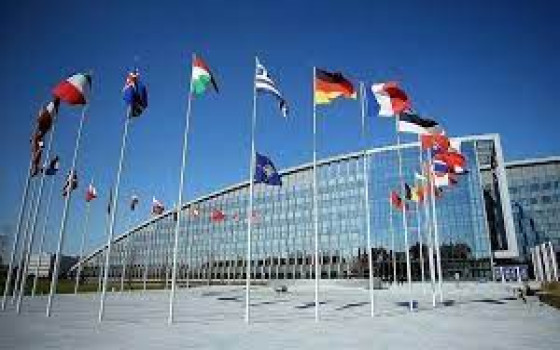
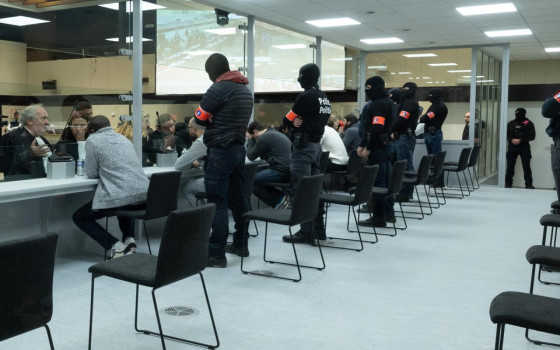
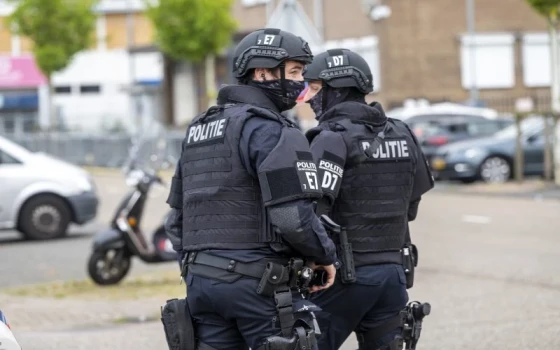
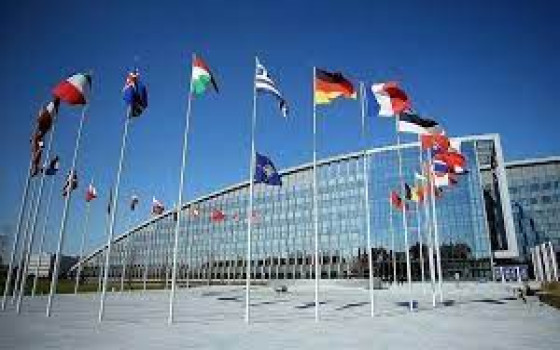
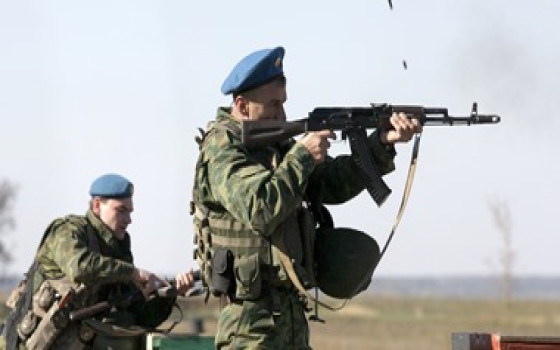
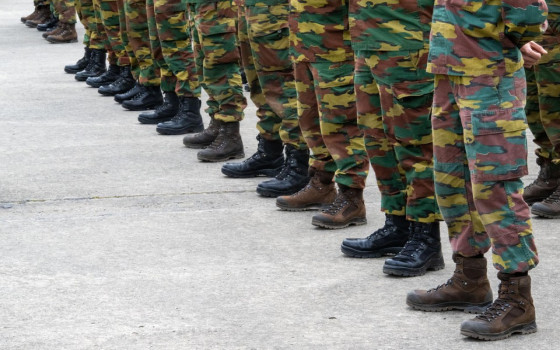

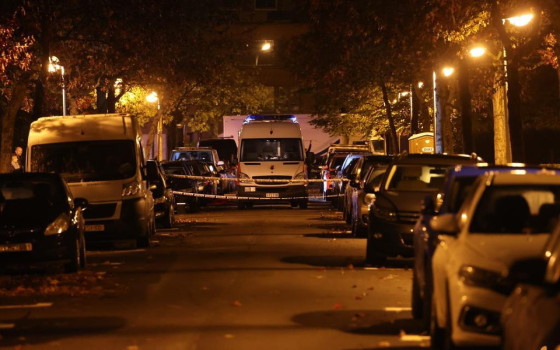
No Comments Found